ENGAGE WITH JAFSCD!
Sign Up for Email Notifications
______________________________________
SHAREHOLDERS ONLY
Submit a Shareholder Commentary
______________________________________
CONTACT JAFSCD
General Inquiries: info@lysoncenter.org
Editor in Chief: duncan@lysoncenter.org
______________________________________

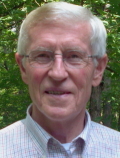
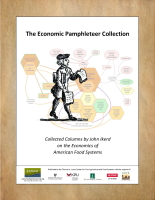
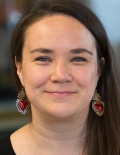
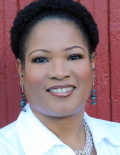
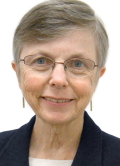
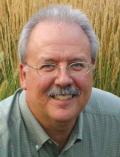 KEN METER | METRICS FROM THE FIELD
KEN METER | METRICS FROM THE FIELD RAMI ZURAYK | GLOBAL VIEWS OF LOCAL FOOD SYSTEMS
RAMI ZURAYK | GLOBAL VIEWS OF LOCAL FOOD SYSTEMS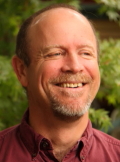 JOSEPH MCINTYRE | VIEWS FROM THE FOOD SYSTEM FRONTIER
JOSEPH MCINTYRE | VIEWS FROM THE FOOD SYSTEM FRONTIER










